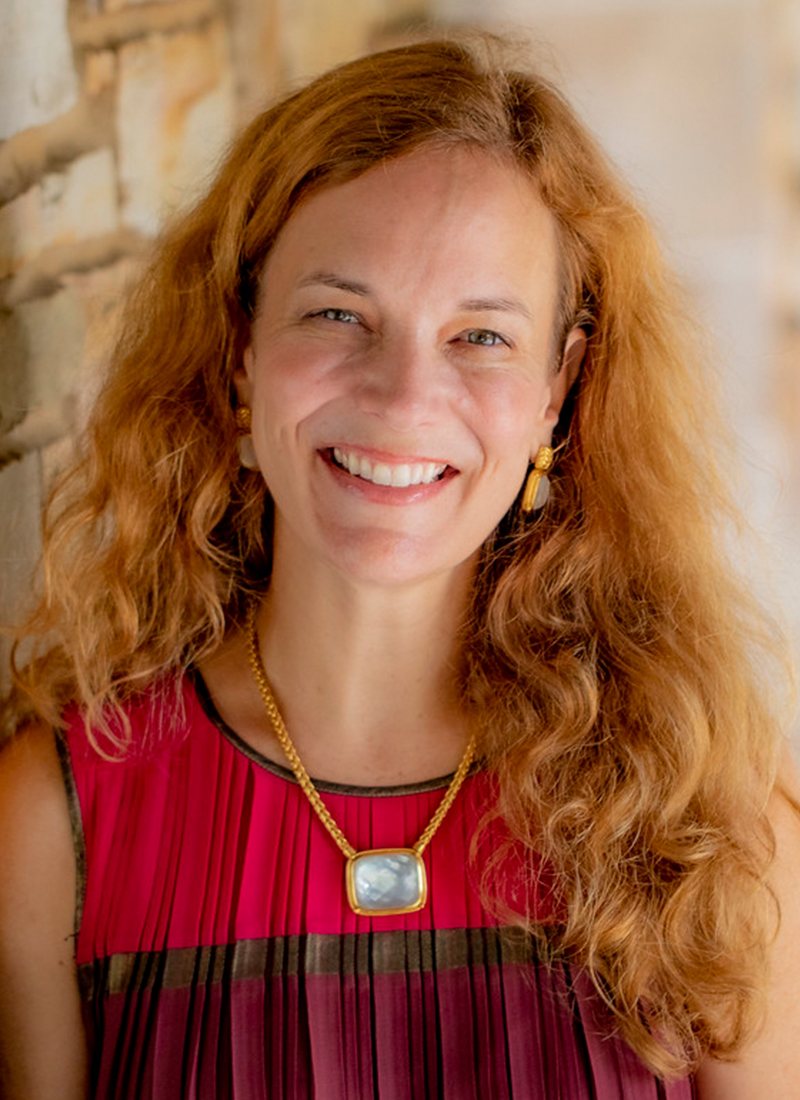Teaching
I believe that a good teacher fosters intellectual curiosity and facilitates the learning of principles that extend beyond the realm of the classroom. My love of teaching evolved from my lifelong commitment to learning and many excellent professors that I have encountered along the way. My goal as a teacher is to prepare students for life after the classroom by providing them with a balance of theory and practice that they can use in their future careers. Students need to be given an education that not only promotes thinking on their feet, but also shows them how to learn effectively. Because computer science is constantly evolving, computer scientists must be able to tackle new skills and ideas with ease. I teach these abilities through engaging lectures and relevant assignments in a discussion–focused environment.
I have taught many of the courses in our computer science curriculum at a variety of levels: Computer Science I: Programming Fundamentals, Computer Science II: Object-Oriented Programming, Computer Science III: Data Structures and Algorithms, Discrete Structures, Operating Systems, Artificial Intelligence, and Senior Seminar. I enjoy the challenge of teaching students at different stages in their academic careers. Through my academic pursuits, I have gained an appreciation for the impact of teaching and research in an education. Thus, I regularly lead a one-hour research-focused seminar related to my personal research.
Remote video URL
Research
My primary interest lies in computer graphics; specifically, the study of effective virtual environments. I believe that computer graphics improve the way we learn and understand the world around us. In my work, I seek to create virtual environments that are general learning environments and explore novel methods for humans to experience these environments. My research can be categorized into desktop virtual environments and immersive virtual environments. My desktop virtual environment research has focused on incorporating an effective animated agent and media into a biology tutoring system, Guru (http://gurututor.org/). My work in immersive virtual environments involves viewing a three-dimensional world through a head-mounted display (HMD). A major part of this research involves understanding the cognitive capabilities of humans in virtual environments. Even state-of-the-art virtual environments are usually unconvincing, and people have difficulty organizing their spatial knowledge of them and moving around in them. One goal of my research is to improve our understanding of how people perceive and reason about space in a virtual environment and how that understanding can be technically leveraged into an improved interface.
Outside The Classroom
I joined the Rhodes College faculty in Fall 2007. I grew up in Inverness, Mississippi, which is a speck of town in the Mississippi Delta. I received my undergraduate degree in mathematics and computer science from Millsaps College, a liberal arts college in Jackson, Mississippi. I then completed my master′s degree and Ph.D. in computer science at Vanderbilt University in Nashville, Tennessee.
I live in Midtown Memphis with my husband Andrew Sanders (a 2001 Rhodes graduate) and two dachshunds GiGi and Lucy. GiGi is a famously fast hound who has been known to put her racing skills to the test by winning prize money for the Computer Science Club. When GiGi and Lucy aren′t training, they are being chased by our toddler daughter Callie whose first word was "dog". In my free time, I enjoy cooking and more importantly, eating. Our home is over 100 years old, and it seems like something ALWAYS needs fixing so I have become quite handy. I love antique shopping, too!
SELECTED PUBLICATIONS
Williams, Bailey, Narasimham, Li, and Bodenheimer. Evaluation of Walking in Place on a Wii Balance Board to Explore a Virtual Environment. To appear in Transactions on Applied Perception 2011.
Williams, Williams, Volgas, Yuan, Person: Examining the Role of Gestures in Expert Tutoring. Intelligent Tutoring Systems (1) 2010: 235-244.
Riecke, Bodenheimer, McNamara, Williams, Peng, Feuereissen: Do We Need to Walk for Effective Virtual Reality Navigation? Physical Rotations Alone May Suffice. Spatial Cognition 2010: 234-247.
Education
M.S., Computer Science, Vanderbilt University
Ph.D., Computer Science, Vanderbilt University
